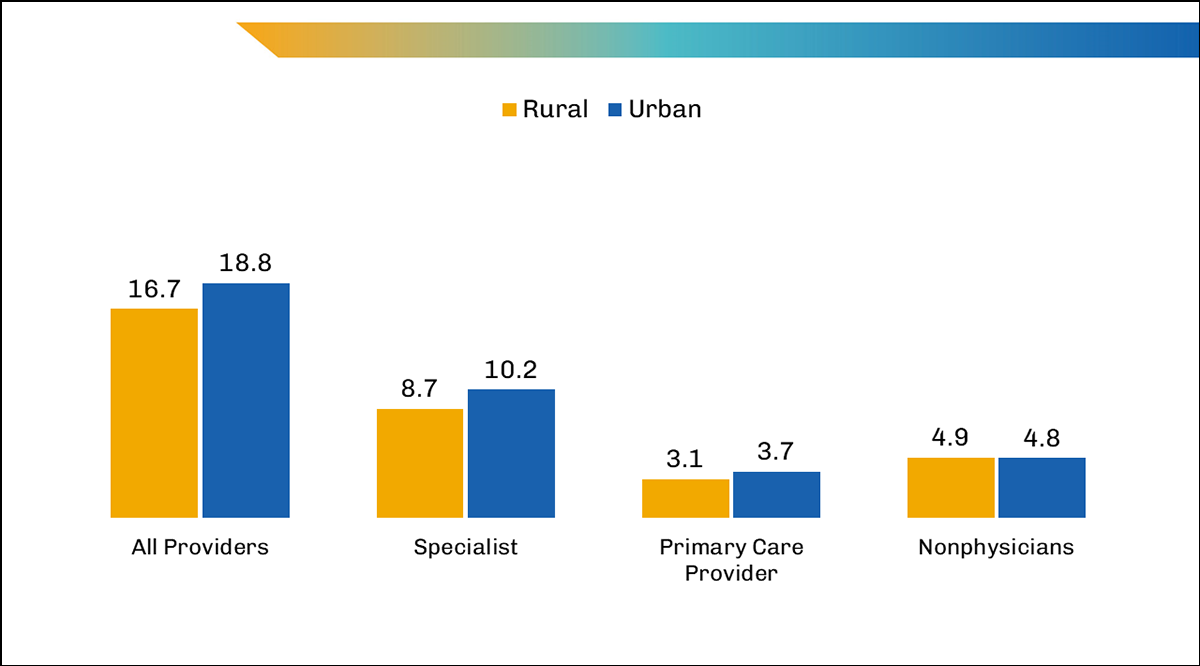Paradox of plenty in healthcare

The theory of Ezra Klein and Derek Thompson of "baking the pie bigger to univarsalize " doesn't apply to the healthcare. The size of the "pie" (e.g., national healthcare budget, number of doctors, supply of medicines) matters less than how it is sliced and served. This is the paradox of abundance: even when the total capacity of a healthcare system grows, disputes, inefficiencies, and disparities in distribution can persist or even worsen. Without fair and efficient distribution mechanisms, resources pool in centers of power or privilege, leaving underserved areas in perpetual scarcity. Expansion without transparency leads to resource mismanagement. Equipments lie unused, doctors remain unposted, and medicines expire in storage—while patients wait or die due to ‘shortages.’ Often, allocation of medical resources is influenced not by epidemiological needs but by political or institutional clout. Urban hospitals may receive a major share of high-end machines or f...
.jpeg)


